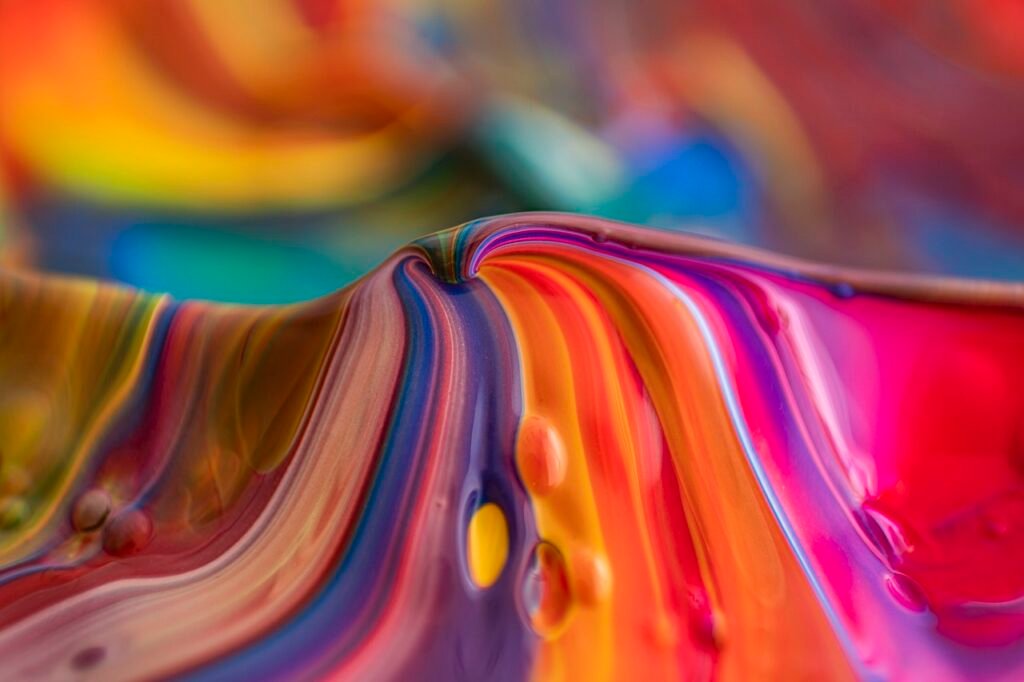Table of Contents
ToggleIntroduction
Chinese culture and fine arts have a long, illustrious history that goes back thousands of years. Understanding these subjects in the Chinese language can help one better understand Chinese culture and be helpful when conversing with native speakers. This article will give you a basic framework for discussing numerous Chinese art and culture.
Basic Vocabulary
Start by familiarizing yourself with some basic vocabulary related to art and culture:
- Art: 艺术 (yìshù)
- Culture: 文化 (wénhuà)
- History: 历史 (lìshǐ)
- Painting: 画 (huà)
- Sculpture: 雕塑 (diāosù)
- Music: 音乐 (yīnyuè)
- Literature: 文学 (wénxué)
- Poetry: 诗 (shī)
- Dance: 舞蹈 (wǔdǎo)
- Museum: 博物馆 (bówùguǎn)
- Exhibition: 展览 (zhǎnlǎn)
Discussing Chinese Art
Art in China is as old as the civilization itself. It covers various styles and subjects, from calligraphy and painting to ceramics and architecture. Here’s how you might discuss these forms:
- Painting 国画 (guóhuà): “我喜欢中国的传统国画。” (Wǒ xǐhuān zhōngguó de chuántǒng guóhuà) – “I like traditional Chinese paintings”.
- Calligraphy 书法 (shūfǎ): “书法是中国艺术的重要部分。” (Shūfǎ shì zhōngguó yìshù de zhòngyào bùfèn) – “Calligraphy is an important part of Chinese art”.
- Sculpture 雕塑 (diāosù): “中国的石头雕塑非常独特。” (Zhōngguó de shítou diāosù fēicháng dútè) – “Chinese stone sculptures are very unique”.
Discussing Chinese Culture
Chinese culture is also a broad and deep topic, encompassing literature, philosophy, music, and cuisine. Here are some phrases that may come in handy:
- Literature 文学 (wénxué): “我在读一本中国的古代小说。” (Wǒ zài dú yīběn zhōngguó de gǔdài xiǎoshuō) – “I am reading an ancient Chinese novel”.
- Music音乐 (yīnyuè): “我喜欢听中国的传统音乐。” (Wǒ xǐhuān tīng zhōngguó de chuántǒng yīnyuè) – “I enjoy listening to traditional Chinese music”.
Asking Questions
When discussing art and culture, it is always good to ask questions. Here are a few that might be useful:
- What kind of art do you like? 你喜欢什么样的艺术?(Nǐ xǐhuān shénme yàng de yìshù?)
- Who is your favorite artist? 你最喜欢的艺术家是谁?(Nǐ zuì xǐhuān de yìshùjiā shì shéi?)
- What is your favorite Chinese dish? 你最喜欢的中国菜是什么?(Nǐ zuì xǐhuān de zhōngguó cài shì shénme?)
By comprehending and using these words and phrases, you may have interesting and enlightening conversations about Chinese art and culture.

Conclusion
Discussing art and culture in every language may lead to richer dialogues and greater understanding. The depth and breadth of China’s artistic and cultural past offer an enormously varied canvas to be explored within the context of the Chinese language. A crucial first step is to master the language and expressions linked to Chinese art and culture that are presented on this page. Your ability to communicate will improve, as will your understanding of China’s rich cultural heritage. Keep practicing and expanding your horizons because learning is a lifelong process that involves growth and expansion. You’ll be able to have more fruitful conversations, communicate your ideas clearly, and strengthen your relationships with Chinese speakers if you do this.
Frequently Asked Questions
1. Why is it important to talk about art and culture in Chinese?
You can gain a deeper grasp of Chinese society, history, and traditions by discussing art and culture in Mandarin. Also, it creates opportunities for more exciting interactions with native speakers.
2. What are the key Chinese terms for different types of art?
Some key terms include painting (画, huà), sculpture (雕塑, diāosù), calligraphy (书法, shūfǎ), music (音乐, yīnyuè), and literature (文学, wénxué).
3. How do I say ‘museum’ in Chinese?
‘Museum’ in Chinese is ‘博物馆’ (bówùguǎn).
4. How can I learn more Chinese vocabulary related to art and culture?
Reading books, listening to music, watching films, going to museums, and having talks about art and culture in Chinese are all great ways to increase your vocabulary. Classes and applications for language learning might be useful as well.
Contact our head teacher Chen Huimin at info@lcchineseschool.com if you want to learn Chinese or have additional questions about our Chinese programs.
REGISTER for our SUMMER CAMP in 2023!
Learn about our Internship Program in China.
Learn about holidays in China in 2023.
Get free Chinese learning resources.







